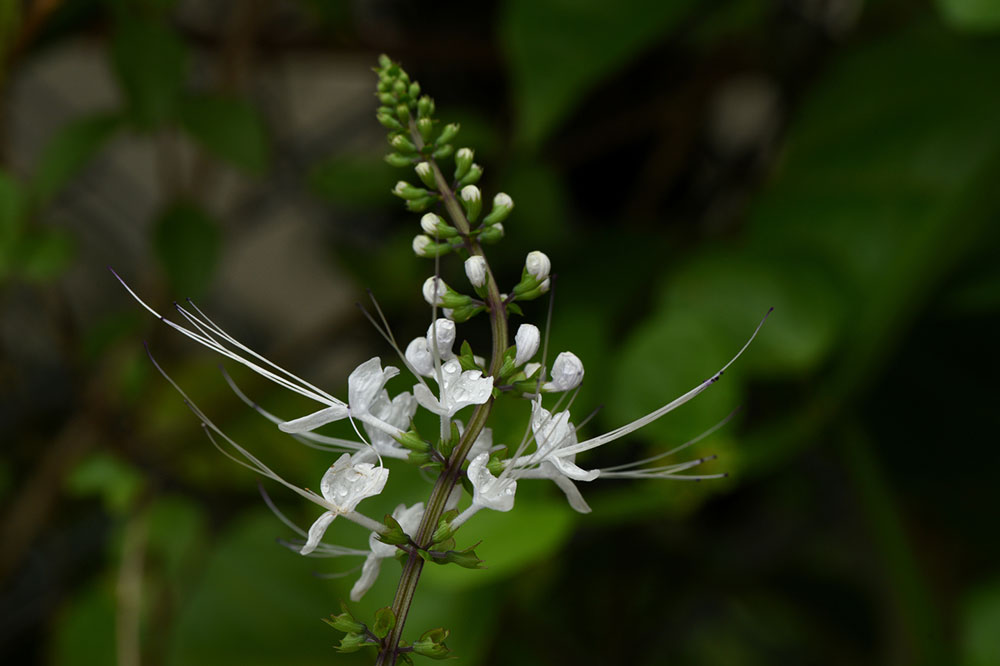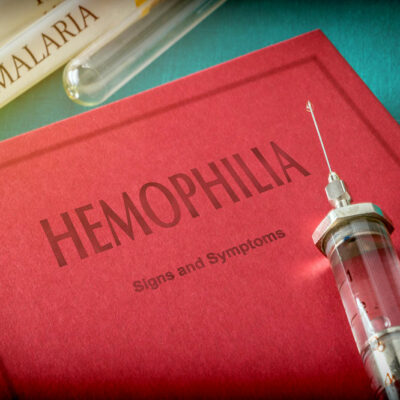
6 Houseplants That are Toxic for Felines
Using your balcony to create your own version of Eden by growing some beautiful plants is a great home decor idea. That said, you might want to avoid bringing in certain plant varieties if you have a cat at home, as they can be extremely toxic and dangerous to your pet. Avoid the following balcony plants that are toxic to create a safe, playful environment for your mischievous cats:
- Lilies
Lilies are one of the most loved and widest ranges of balcony and garden plants. Although they’re beautiful plats to keep at home, they can be extremely harmful to felines. Ingesting any part of this plant can lead to kidney failure and even death in cats. These precautions apply to all plants that have “lily” in their name, including the lily of the valley, lily orchid, and bush lily. - Chrysanthemums
These are among the top ones on the long list of balcony plants toxic for cats. There are various Chrysanthemums species, including daisies, whose leaves and stems are poisonous for cats. If a cat ingests these parts of the plant, they may vomit, drool, and even experience diarrhea. Additionally, you can look for other symptoms of toxicity like a lack of appetite, fatigue, and depression. - Daffodil
Another plant that should be kept away from your cat’s reach is daffodil. These pretty flowers can become the reason for your cat’s upset stomach, diarrhea, vomiting, drooling, and depression. Plants like daffodils and tulips are grown from the bulbs, which is the most toxic part. So, you must prevent your cat from digging up the bulb. That said, it’s best not to keep this plant at home if you have a cat, as you can’t keep a watch at all times. - Marigolds
Marigold grows quickly and requires little maintenance, and it’s also a popular balcony plant due to its pungent smell that helps keep insects away. That said, you can find its name among various balcony plants toxic for cats. If your cats consume their leaves or stems, they may experience mild irritation in the mouth, drooling, stomach pain, and diarrhea. Even coming in contact with these plats can cause skin irritation in cats. - Wisteria
This stunning purple plant grows sweet-scented flowers and can add a charm to your balcony garden, but the seeds and pods of this plant are a cause for concern for cat owners as they are highly toxic to felines. Cats can suffer from blood vomit, diarrhea, and dehydration if they ingest it. - Hydrangea
If you’re wondering which balcony plants are toxic for cats, add hydrangea to the list. Although widely preferred for the old-fashioned elegance they bring into our house, hydrangea can cause low toxicity in cats. If the flower heads are ingested, cats are likely to vomit and feel weak.
If your cats are suddenly sick, they might have ingested or come in contact with a toxic plant.


